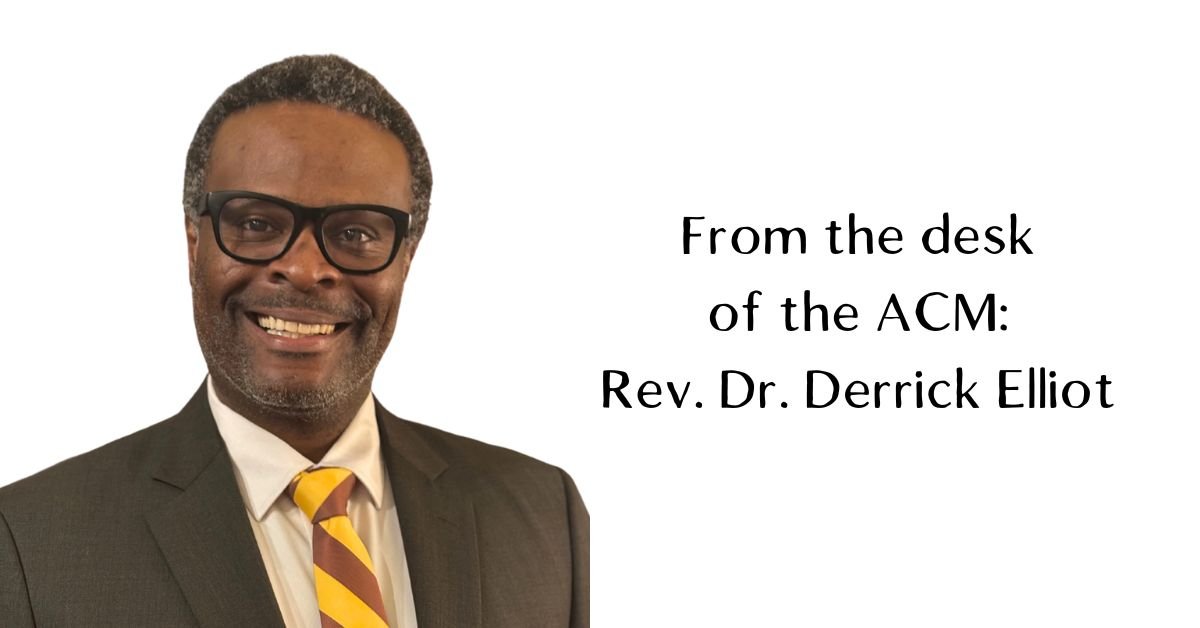by Rev. Dr. Derrick Elliott, Associate Conference Minister for Authorization, Accountability, and Discernment
One of the greatest joys in my ministry and my new position with the SWC is witnessing someone discover their calling. Maybe it’s the young adult who unexpectedly leads a powerful prayer, the longtime church member who comes alive when organizing a church project, or the retiree who finds new purpose in teaching Bible study or group. (SWC Retired Clergy CoP-I’m looking at you guys!)These are the moments when we, as pastors, get to step into the role of mentor—encouraging, equipping, and walking alongside those whom God is calling into deeper service.
So often, leadership development in the church is reduced to filling empty positions: “Who can take over the finance team? Who will organize coffee hour? Who can step in to teach Sunday school?” But true mentorship isn’t about plugging people into roles—it’s about nurturing discipleship, helping individuals recognize their God-given gifts, and encouraging them to step forward in faith.
We do this best when we take the time to truly see people. Who in your congregation naturally gathers others for conversation? Who offers pastoral care without even realizing it? Who asks the deep, thoughtful questions that spark spiritual growth? Leadership doesn’t always look like standing at a pulpit—it often begins in quiet moments of faithfulness.
Many people hesitate to step into leadership because they don’t believe they’re qualified. Some are waiting to be asked, while others may not even realize they have a gift to offer. As clergy, we have the privilege of calling forth those gifts.
What if instead of announcing a need for volunteers, we personally invited someone with potential? What if we said, “I see something in you. Would you be willing to explore this with me?” A simple word of encouragement can be the difference between someone holding back in fear and stepping forward with confidence.
And once they say yes, our job isn’t done. New leaders need support, not just assignments. Walking alongside them, sharing stories of our own struggles and growth, and creating space for them to try, fail, and try again—this is what mentorship looks like in action.
As we reflect on how we nurture leadership in our congregations, the UCC resource A Sure Foundation offers valuable insights. It reminds us that ministry is never a solo endeavor—it is a shared calling, a partnership between clergy and laity, a covenant between God and the church. This resource is a great guide for clergy looking to strengthen their relationships with emerging leaders, offering practical tools for building a culture of mentorship in our churches.
Take a moment to think about your own leadership journey. Who encouraged you? Who saw something in you before you saw it in yourself? And now, who is God calling you to mentor?
Ministry is never meant to be done alone—let’s keep lifting each other up, walking together in faith, and raising up the next generation of leaders with love and grace.

